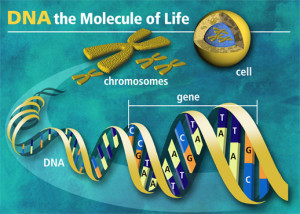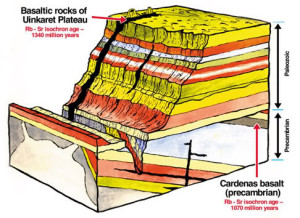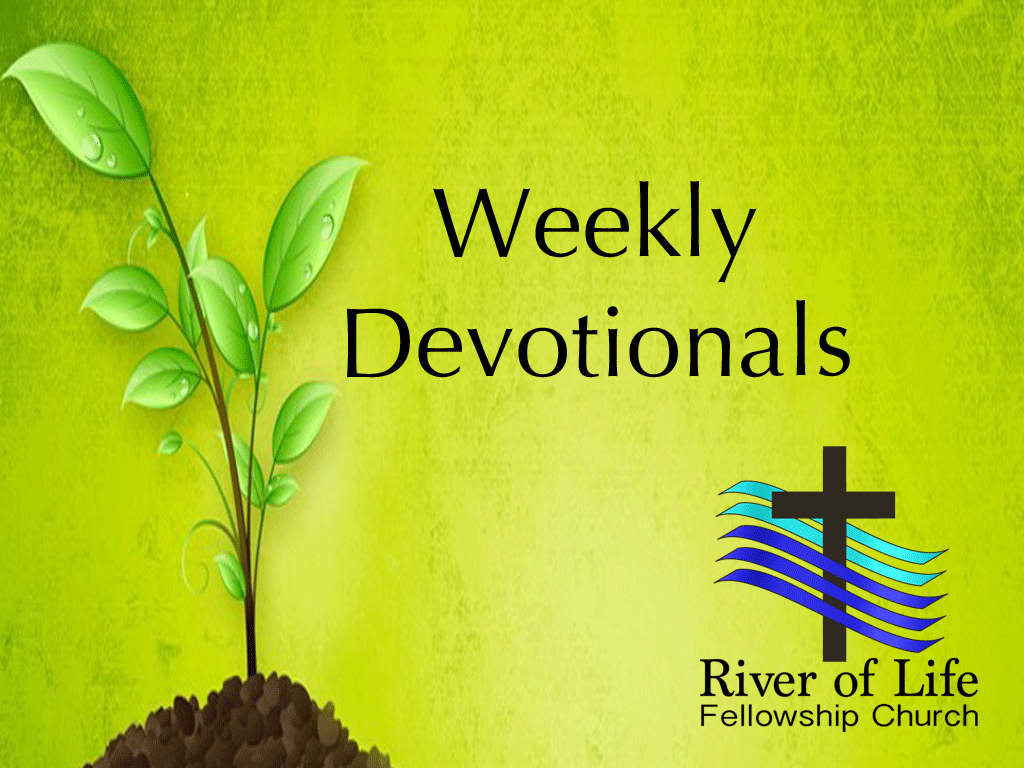
An Argument For Christmas Carols

For many years I fought the onrush of Christmas Music that floods the stores and elevators on the first of November. I would like to believe that a big part of my rejection was in protest to the over-commercialization of the HolyDay. One can hardly argue that the traditional celebration of Christ’s Birth, regardless of what time of year it actually was, has become a toy, candy, and ham driven economic resuscitator, returning many companies to the black after a difficult year. What should be a celebration centered around God and Family, has degenerated into a quagmire of capitalism and greed.
In truth, I never really saw the need for Christmas Carols. I’m not talking about Rudolph and Frosty and Santa Claus coming to town, I really mean that, as a Christian, I kind of thought that even the mainstays of our Church Christmas Services, “Silent Night”; “The First Noel”; and “Away in a Manger”, were entirely unnecessary and needlessly distracting from the Gospel. Blasphemous, right?
Let me elaborate, so that I am not excommunicated based on a misunderstanding. I always believed that Easter was far superior to Christmas in its meaning and message. After all, Christ came to die for us, right? He paid the ultimate price for my sin, He descended into Hell and stole the keys so that I could be free from sin and death and spend eternity with Him. Is that not much more important than the fact that He came to earth as a small baby in a stable?
I have come to believe that Christmas should hold as least as much significance for the believer as Easter does. While the sacrifice that Christ made is crucial for our eternal lives, the life that he lived is necessary for our temporal lives. If His coming had only been for the Cross, he could have shown up at age 30, delivered His message, and earned the enmity and envy that led to His death. This would have given Him enough time to teach, and to be the propitiation of our sins. Instead, He came as a baby and lived every day of those 33 years as a human being so that he could sympathize with us and show us a better way of life. What sort of credibility would his message have if it came from a man who never suffered as we have, never experienced the grief and the loss and the hurt that we as human beings struggle through every day? What kind of observer can understand an experience from behind the glass? Without that loving example to follow, how different would a Christ-followers life really be?

Random, Chemical… Music?

Random, Chemical… Music?
Some of the simplest, and most common, activities that we enjoy on a daily basis are actually some of the most complicated, mysterious, and unexplainable processes that man has ever tried to figure out. For example, why do we like music? As silly as that question may sound it deserves a moment to consider all that is involved in answering it, but let me ask it in a slightly different way. If we are all just the product of random, directionless, chemical interactions resulting in complex, meaningless, purposeless, and ultimately doomed biology, how can we trust our own opinions on what is good or bad music. After all, music is not just a pleasing sound or a well arranged set of lyrics. Music is highly subjective and varies greatly in style. One kind of music can be deeply, and intensely, emotional to the listener as well as the performer, and to another it is akin to finger nails on a chalkboard.
If our mental processes are nothing more than chemistry, which I do not believe, than at a fundamental level we should all agree on what is good, and what is bad music, but we don’t. Music is as diverse as the human population, and it changes dramatically within every new generation. So how is it that today I can sit and loose myself in the subtile notes of a skilled pianist, yet later on I might be motivated by the moving tones of an electric guitar? Why is it that some music, even without words, can pull deep emotion out of my heart and bring me to tears, and another fills me with enough confidence to take on the world? How does a simple melody take a, mind troubled by the challenges of everyday life, to a place of rest and peace; while another person may describe the same music as so annoying that they can’t sleep?
I can remember walking through my old college dorm listening to the different music people were studying to. In one room you would hear the carefully composed sounds of Beethoven, and in another AC/DC being played at a decibel level guaranteed to keep the hearing aid business stable for generations to come.
I have always enjoyed listening to music, and music of all sorts of genres. Well, except opera… I have no idea how that qualifies as music. However, it wasn’t until I began to play the guitar that I began to appreciate the other side of music, the creative side. It is one thing to appreciate good music, it is another to make good music. As a musician I understand that, to the artist, music is more than just the result of arranging notes. It is expressive, and usually at a deeply personal level. In todays world music has become a billion dollar industry that cranks out songs at a dizzying rate. I’m not talking about that kind of music, if you can even call most of that music. I’m talking about music that grabs you and stirs your soul from the very first note. The kind of music that takes you to places in your mind, and can calm the storms in your soul. That kind of music is not the result of a random, directionless, process. It is the result of the creative spirit that has been placed each of us. Music is never the result of simply arranging all of the right notes, in the right order. Those notes have to be played and expressed through the hands and heart of a passionate musician. They have to come out with feeling, emotion, and skill. Over the years I have known many technically skilled players that have come to this unfortunate understanding. Although their playing may be precise, it lacks the ability to connect with the listener. The notes are there, maybe even in the right places, but there is no heart, no passion, no soul.
Music may exist in the material world, but it is fundamentally immaterial. Yet, the artist must express it through a material processes. There are three, basic, types of musicians that I have encountered in my life. First, there are those who have all of the heart and passion needed to create music that can inspire an entire generation, yet lack the understanding of the material processes needed to bring what is inside them out. Theses people are usually very frustrated, and often do not know why. Secondly are those with all of the material understanding of sound, tone, and lyric that anyone could ask for, but none of the heart and passion needed to guide their technical skill. These people are often successful to a point, but rarely move beyond a limited influence. Then there is the third and most rare. This is the person who’s music not only connects with passion, and emotion, they also have the understanding of the processes needed to take their songs from the immaterial world of the heart, to the material world of the ear. These people don’t just hear a beat in their head, they listen for ways to make that beat happen. They wake up singing, and spend the day unconsciously tapping out rhythms with their hands, and working out ways to make those sounds available to others. I am not one of those people… if you are, you should know that the rest of us hate you…;0)
How is it possible that we could allow ourselves to believe, even for a second, that music could be the product of chemistry? How does passion, emotion, and heart become not only understandable but desirable to a bag of rearranged pond scum. For that matter how does a random chemical process allow rearranged pond scum to create something as amazing as music? The truth is that humanity goes beyond biology, it goes beyond chemistry, and beyond the limits of imagination. Humanity strives for creativity and beauty because we are the creation of the One who embodies the fullness of them both, praise His Holy name.
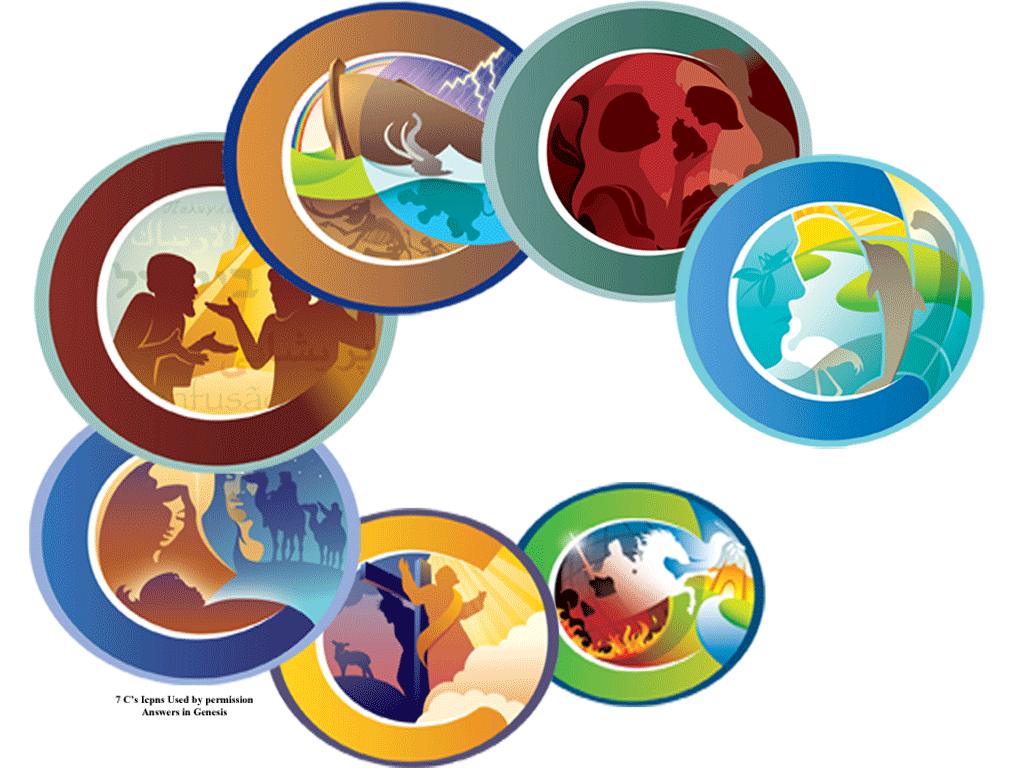
Why Does A Literal Genesis Matter?

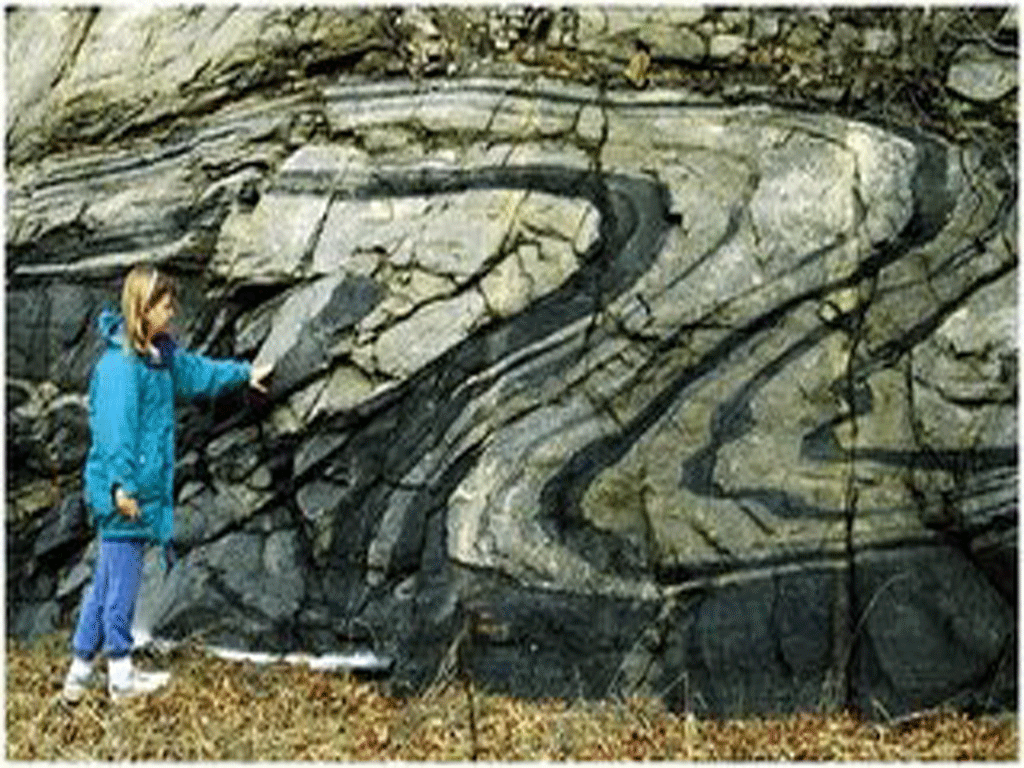
It’s About …Time

Over the years I have had many conversations with other Christians on the topic of Creation, and most prominently the age of the earth. It’s funny to me, as well as disturbing, that this one point, the age of the earth, is such a hurdle for so many in the church to deal with. The reasons I am given can usually be summed up in one thought: “modern science has proven the earth to be billions of years old“. I have had several wonderful conversations with fellow believers on this topic, and I am often flabbergasted at how far some in the church will go to defend a position that they usually know very little, or nothing at all, about.


